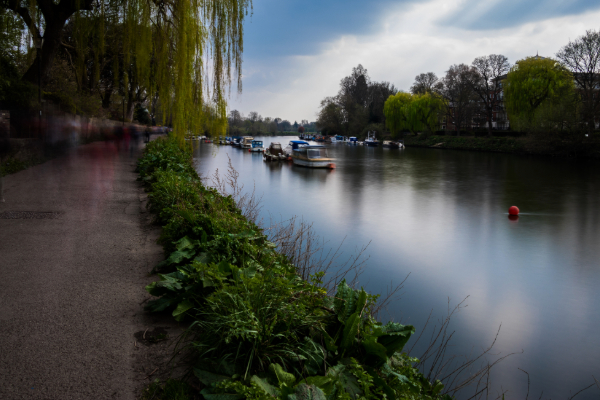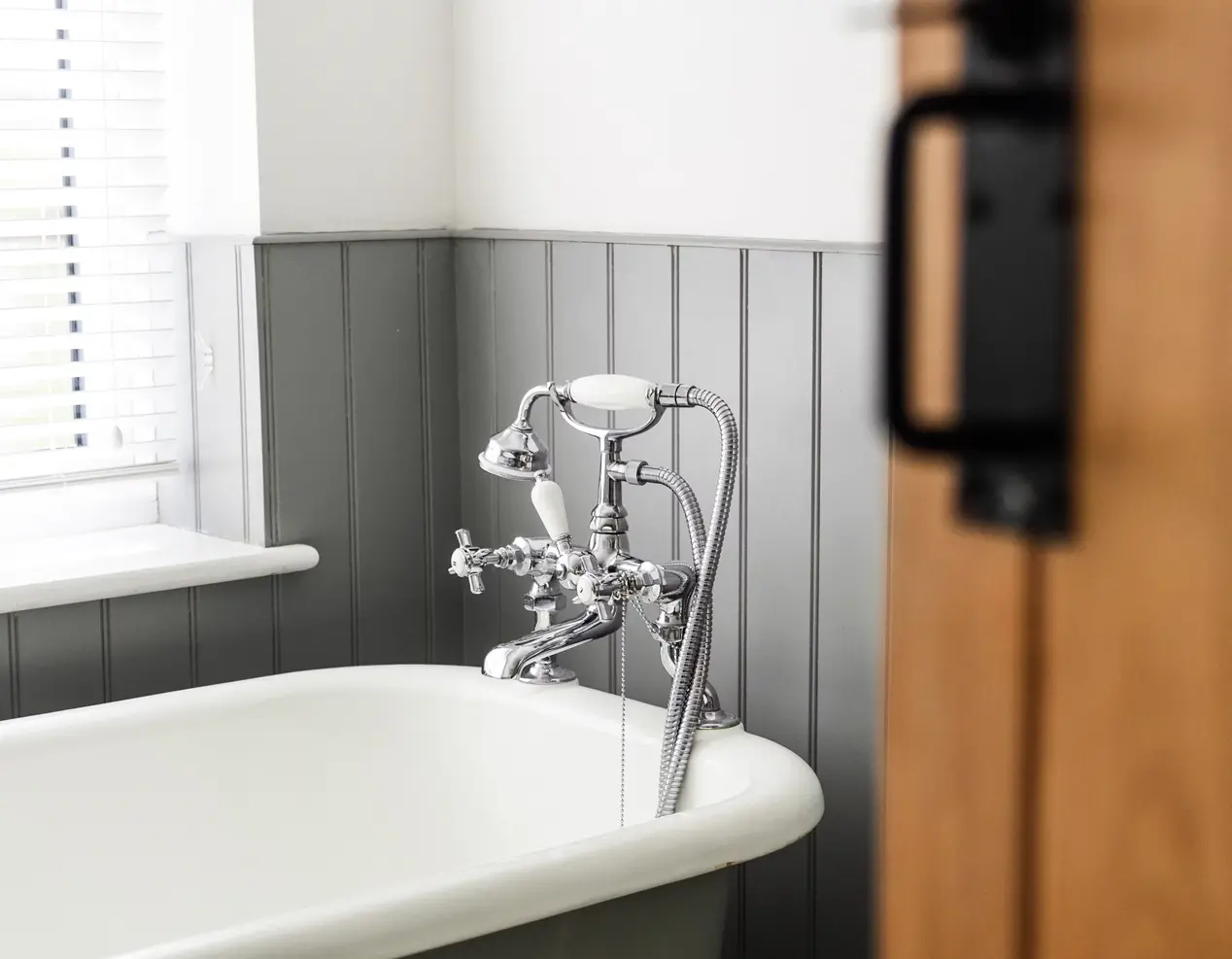Smart Plumbing. Smart Heating. Smart Business.
How to Prepare Your Boat for a Boat Safety Scheme (BSS) Inspection
Summary
Getting ready for your Boat Safety Scheme inspection? Passing your BSS is essential for keeping things safe and legal. This guide from Smart Heating EA Ltd covers all the key checks – from gas and fuel systems to electrics, ventilation and heating – to help you prep with confidence and avoid any last-minute surprises.
Whether you live aboard or you're a weekend cruiser, passing your Boat Safety Scheme (BSS) inspection is essential for staying compliant and safe on the water. At Smart Heating EA Ltd, we understand how important it is for boat owners to feel confident about their systems - especially when it comes to heating, gas, and electrical safety.
Here’s a practical guide to help you get ready for your BSS inspection and avoid any surprises:
What Is the BSS Inspection?
The Boat Safety Scheme is a public safety initiative by the Canal & River Trust and the Environment Agency. Boats over a certain size on UK inland waterways usually require a valid BSS certificate to get a navigation licence. Inspections are carried out every four years and cover a wide range of safety checks, including fuel, gas, electrics, fire protection, and ventilation.
Key Areas to Check Before Your BSS Inspection
1. Gas Systems
Ensure all appliances (heaters, cookers, etc) are properly secured and ventilated. Check out our marine gas services.
Flexible hoses must be in good condition and correctly marked for marine use.
Bubble leak testers or gas pressure test points must be fitted for LPG systems.
Check for leaks or corrosion on all pipework and ensure shut-off valves are accessible.
Smart Heating EA Ltd can carry out pre-inspection gas checks and repairs to ensure your heating or hot water system is safe and compliant.
2. Fuel Systems
Make sure fuel lines are properly secured and protected from wear or heat.
Tanks should be correctly fitted and vented externally.
No leaks or perishing in hoses or joints – these are common fail points.
Any filters or separators should be free from cracks and correctly installed.
3. Electrical Systems
Batteries must be secure and protected against short circuits.
Wiring should be tidy, properly fused, and free of corrosion.
Switches and isolators must be functional and labelled.
Note: While the BSS doesn’t cover all aspects of electrical safety, poor installations or damaged wiring can still lead to failure.
4. Ventilation
Adequate fixed ventilation is crucial, especially for boats with gas appliances.
Never block vents, even in winter—inspect them for obstructions or damage.
Ensure compliance with required low and high-level ventilation openings.
5. Fire Safety Equipment
You’ll need the correct number and type of fire extinguishers based on your boat’s size.
Check that extinguishers are within service date and have not been discharged.
Fire blankets in cooking areas are also essential.
6. Heating and Hot Water Systems
Solid fuel stoves must be properly installed with safe clearances and flue exits.
Diesel and gas-fired heaters should be professionally maintained and tested.
If your boat has a pressurised hot water system, it must include a pressure relief valve and appropriate expansion vessel.
Smart Heating EA Ltd specialises in the servicing and repair of boat heating and hot water systems. We’re happy to help you identify potential issues before your BSS check.
Tips for a Smooth Boat Inspection
Book early – especially in spring and summer when inspectors are busiest.
Have all documentation ready, including user manuals if available.
Be present during the inspection to answer questions and learn about any concerns.
If repairs are needed, act quickly to avoid any delay in receiving your certificate.
Need Help? We’ve Got You Covered
Smart Heating EA Ltd offers pre-inspection checks and servicing for onboard heating and hot water systems in Norwich. We work with inland waterway craft across East Anglia and we understand the unique challenges boaters face when it comes to safety, compliance, and comfort.
Contact us here or call 07990665002 today to schedule a check-up before your next BSS inspection. A safe boat is a happy boat!

Book a service or maintenance check with us now - and enjoy a warmer, more cost-efficient home.
Call us on 07990 665002

SMART HOMES.
SMART HEATING.
SMART LIFE.
TIME FOR AN UPGRADE?
Upgrading to a newer, more energy-efficient model of course ensures that your heating system remains at the forefront of efficiency and sustainability technologies.


